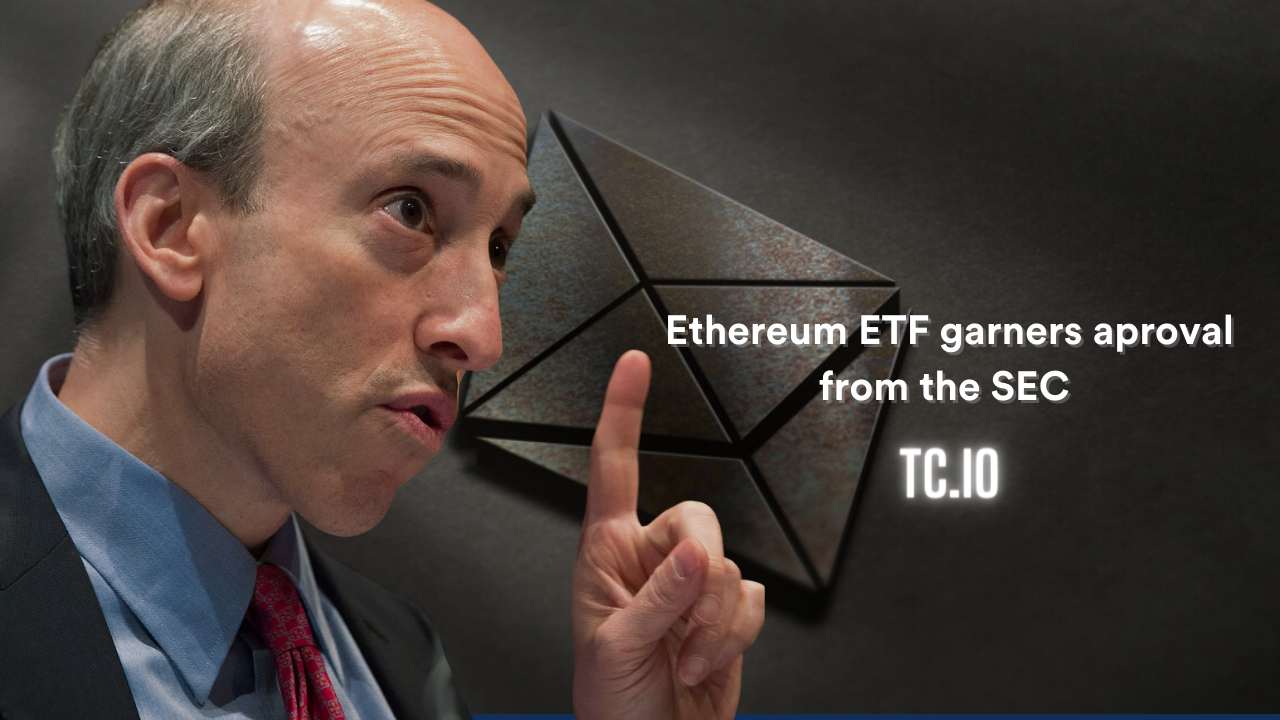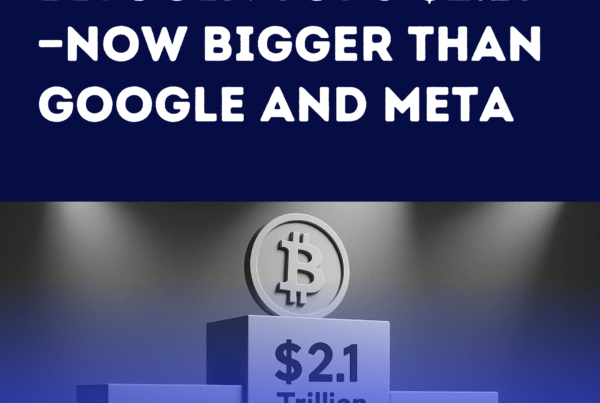
The recent approval of eight spot Ethereum ETFs by the US Securities and Exchange Commission (SEC) marks a significant regulatory milestone for the cryptocurrency industry. This decision, involving prominent financial entities such as Ark, Bitwise, BlackRock, Fidelity, Franklin Templeton, Grayscale, VanEck, and Invesco Galaxy, has profound implications for the future of tokenization and digital assets.
Regulatory Breakthrough
The SEC’s approval of the 19b-4 forms for these ETF applications signifies a major step towards mainstream acceptance and regulation of digital assets. However, trading of these ETFs is contingent upon the approval of S-1 filings, a process that could take anywhere from a few weeks to several months. This accelerated approval process reflects an unprecedented shift in the SEC’s approach to cryptocurrency, hinting at a broader acceptance of digital assets within the financial regulatory framework.
Market Reactions and Implications
Despite this landmark decision, Ethereum’s price response was relatively subdued, increasing by 1.8% to $3,836. This suggests that the market had already anticipated the approvals. The approval follows the SEC’s greenlighting of multiple Bitcoin spot ETFs earlier this year, demonstrating a consistent regulatory trend towards integrating cryptocurrencies into traditional financial markets.
Political and Market Dynamics
The approval of Ethereum ETFs may also be influenced by political considerations, especially with the upcoming presidential elections. Speculation arose after Republican candidate Donald Trump’s acceptance of crypto donations, suggesting a potential shift in the Democratic Party’s stance on cryptocurrencies. Galaxy Digital CEO Mike Novogratz suggested that political pressure might have played a role in the SEC’s decision.
Impact on Tokenization
Tokenization refers to the process of converting physical or digital assets into blockchain-based tokens. The approval of Ethereum ETFs could significantly enhance the adoption of tokenization in several ways:
- Increased Institutional Adoption: The involvement of major financial institutions in Ethereum ETFs signals increased institutional confidence in blockchain technology and digital assets. This could lead to more widespread adoption of tokenization across various asset classes.
- Enhanced Market Liquidity: ETFs provide a regulated, transparent, and accessible investment vehicle, which can attract more investors to the Ethereum market. Increased market participation can enhance liquidity, making it easier to tokenize and trade assets on blockchain platforms.
- Regulatory Clarity: SEC’s approval sets a regulatory precedent that can provide more clarity and confidence to other financial institutions considering tokenization. A clear regulatory framework is crucial for the widespread adoption of tokenized assets.
- Innovation in Financial Products: The approval may spur innovation in financial products, as more institutions explore the possibilities of tokenizing a variety of assets, from real estate to commodities, leveraging Ethereum’s blockchain technology.
Future Prospects
The SEC’s approval of spot Ethereum ETFs is a significant step forward for the crypto industry and the concept of tokenization. It not only reflects a growing acceptance of digital assets in mainstream finance but also sets the stage for further innovations in how assets are created, managed, and traded. As regulatory frameworks continue to evolve, the integration of blockchain technology into traditional financial systems is likely to accelerate, heralding a new era for tokenization and digital finance




